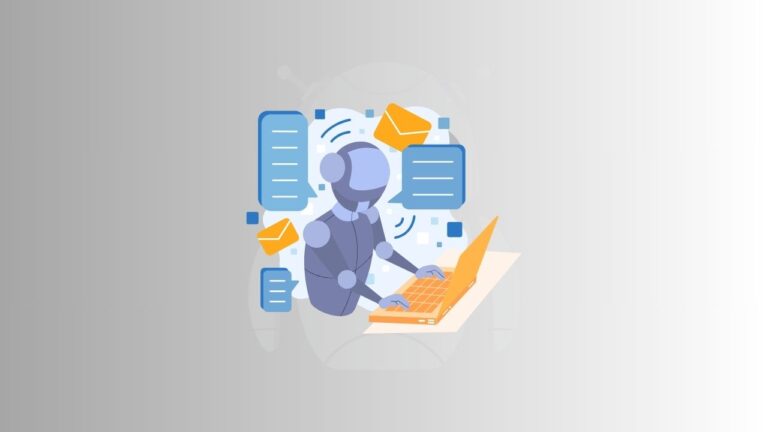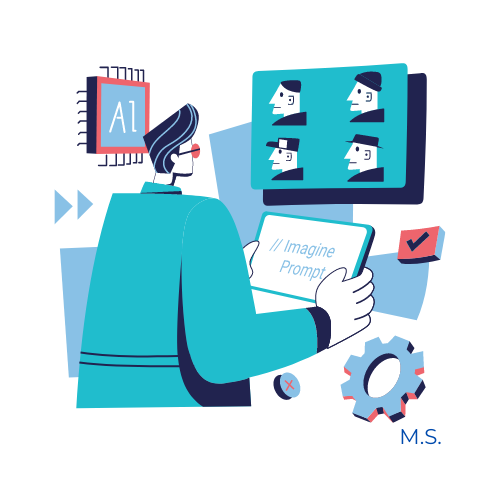The business landscape is witnessing a transformative era with the advent of GPTs for business. These advanced AI models, exemplified by OpenAI’s ChatGPT, redefine traditional business operations. This article delves deep into the impact of GPTs for business, exploring their applications, benefits, challenges, and the potential future they hold in the business sector.

Understanding GPTs for Business 2024
The Essence of Generative Pre-trained Transformers
GPTs, like ChatGPT by OpenAI, represent a breakthrough in AI technology. They are sophisticated machine-learning models that can generate, understand, and respond to human-like text. Their pre-training on comprehensive datasets enables them to tackle various tasks, from composing pieces of writing and poems to coding and carrying on conversations.
The Evolution of GPT Technology
The journey of GPTs began with GPT-1, which, despite its limitations, marked a significant step in AI. The subsequent version, GPT-2, has advanced text generation capabilities. However, GPT-3, with its 175 billion parameters, truly revolutionized the field. The evolution of GPTs to generate coherent and contextually appropriate responses has been a turning point, making them an integral part of various industries, especially in business.
Applications of GPTs in Business
Transforming Customer Service
GPT-powered chatbots, like ChatGPT Enterprise, are revolutionizing customer service. Capable of handling diverse queries, these AI-driven chatbots improve response times and accuracy, enhancing customer satisfaction and operational efficiency.
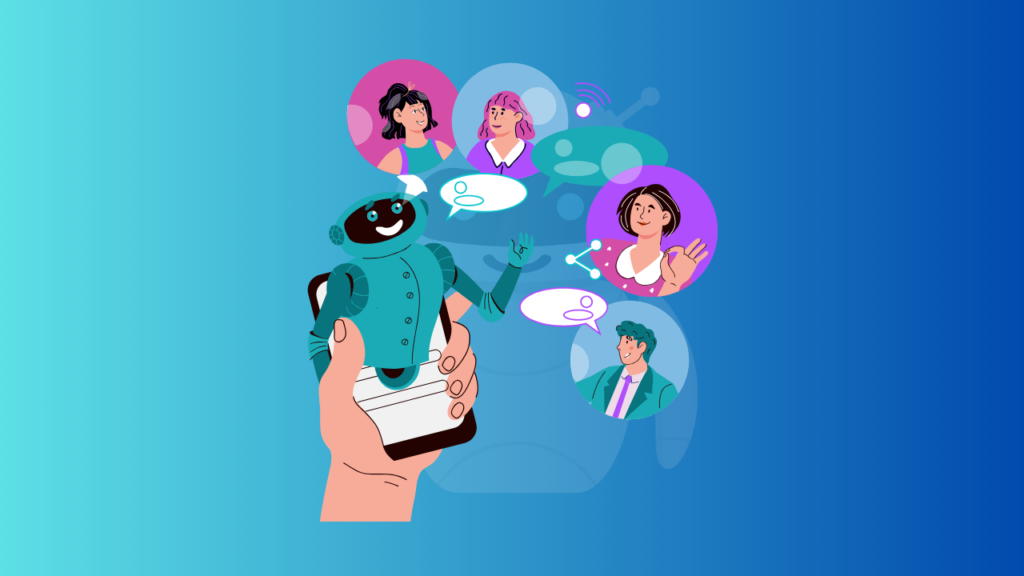
Innovating Data Analysis and Reporting
GPTs for business are key players in data analysis and reporting. They can process large datasets, uncover trends, and generate insightful reports. This capability is invaluable in areas like market research, financial analysis, and operational efficiency.
Content Creation and Marketing Strategies
Within the realms of digital marketing and content creation, GPTs provide a significant edge through their ability to generate coherent and contextually relevant content. They generate high-quality content tailored to specific audiences and SEO needs, streamlining content creation and maintaining brand consistency.
Product Development and Innovation
GPTs for business contribute to product development by analyzing market trends and customer feedback. This leads to innovative product ideas and customer-centric solutions, enhancing market relevance and competitiveness.
Streamlining Human Resource Management
In HR, GPTs like ChatGPT Plus streamline processes such as resume screening and job description creation. This enhances the efficiency of recruitment and training, leading to a more effective HR department.
Language Translation and Localization
With their advanced language translation abilities, GPTs serve as proficient language models and are pivotal in facilitating global business growth. They provide accurate translations, facilitating communication with international clients and aiding in localizing products and services.
Automating Routine Business Tasks
From formulating emails to arranging meetings, GPTs like ChatGPT utilize the concept of pre-training to automate mundane business activities, boosting productivity and enabling the workforce to concentrate on strategic tasks.
Benefits of Implementing ChatGPT in Business
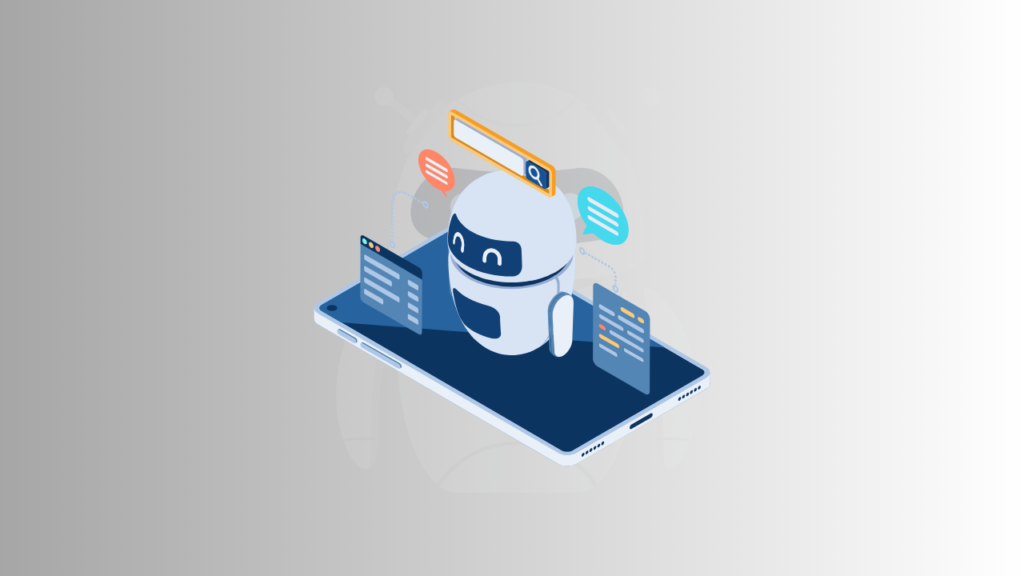
Boosting Efficiency and Reducing Costs
By automating routine tasks, GPTs for business increase operational efficiency and reduce costs. Through such automation, which is a byproduct of deep learning and artificial intelligence, the likelihood of human error is diminished, leading to significant cost-saving benefits.
Enhancing Customer Experience
GPTs enhance customer experience through immediate, 24/7 customer support. Their ability to provide personalized interactions improves customer satisfaction and loyalty.
Fostering Innovation and Competitive Advantage
GPTs enable businesses to innovate rapidly by providing insights from data analysis and market trends. This capability offers a significant competitive advantage and drives the development of new products and services.
Scalability and Flexibility of GPT-4
With deep learning techniques, GPT-4 presents unrivalled scalability, meeting diverse business needs instantly and more accurately. This flexibility is essential for businesses aiming for growth and adaptation to market changes.
Facilitating Data-Driven Decision Making
GPTs empower businesses to make informed decisions based on comprehensive data analysis. This leads to strategic and effective decision-making driven by data insights.
Enhancing Employee Skills and Satisfaction
GPTs for business automate mundane tasks, allowing employees to engage in more challenging and fulfilling work. This enhances their skill sets and improves job satisfaction, leading to a more motivated and productive workforce.
Challenges and Considerations in Implementing GPTs
Technical Infrastructure and Expertise
Integrating GPTs requires substantial technical infrastructure and expertise. Businesses must ensure they have the necessary capabilities and skilled personnel to manage these advanced systems.
Data Privacy and Security
As GPTs for businesses handle sensitive information, ensuring data privacy and security is crucial. Adhering to data protection regulations and implementing robust security measures is paramount to prevent data breaches.

Ethical and Accountability Issues
Deploying GPT-4 involves ethical considerations, such as avoiding bias in AI outputs and balancing replacing human jobs with AI. Training GPTs on diverse data sets and considering their ethical implications is vital.
Quality Control and Human Oversight
Whilst GPTs for business are proficient, human oversight is indispensable to ensure quality and precision, a use case of a hybrid model. This is especially critical in industries where precision is paramount.
Cultural and Linguistic Adaptation
For global businesses, understanding cultural and language nuances is key. Despite their advanced translation capabilities, GPTs may not fully capture cultural subtleties, leading to communication challenges.
Managing Customer Expectations
It’s important to manage customer expectations regarding the role of GPTs in service interactions. Transparent communication about the capabilities and limitations of GPTs, as a part of natural language processing, is fundamental to preserving customer trust and satisfaction.
Case Studies: GPT Success Stories in Various Industries
Retail Sector
A major retailer implemented a GPT-powered chatbot, reducing response times and increasing customer satisfaction. The AI system managed a high volume of queries, leading to higher sales and customer loyalty.
Financial Services
A global financial institution employed GPT-4 to analyse financial data, identify market trends, and inform investment strategies. This led to improved portfolio performance and a competitive edge in the market.
Healthcare Industry
A healthcare organization utilized GPT for medical research and documentation, aiding in quick study summarization and efficient patient report generation, thereby enhancing patient care and reducing administrative burdens.
Marketing Agency
A digital marketing agency incorporated ChatGPT in content creation for various clients, improving campaign performance and client satisfaction through AI-generated, high-quality content.
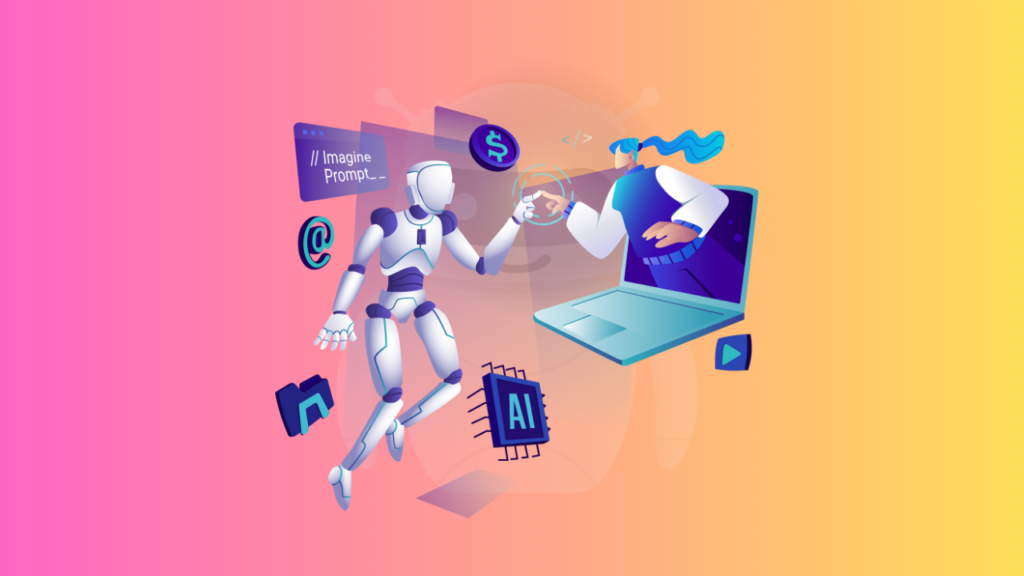
Manufacturing Industry
A manufacturing company integrated ChatGPT technology to optimize supply chain and production processes. This resulted in reduced waste, lower costs, and faster production times, significantly improving operational efficiency.
Conclusion and Future Outlook
The integration of GPTs for business operations signifies a paradigm shift in how businesses operate and compete. The future of GPTs in business is boundless, with continuous advancements expected to open up even more possibilities. We can anticipate GPTs becoming more adept at emotional intelligence and playing a significant role in strategic decision-making.
Embracing GPT technology leads to substantial benefits but requires careful implementation and considering associated challenges. As technology evolves, it promises to reshape business operations and strategies further, making its adoption a trend and necessary for growth and success in the modern business landscape.
FAQs
- How do GPTs improve operational efficiency in businesses? GPTs and efficient neural network models automate repetitive tasks, thus freeing up human personnel to devote attention to more intricate activities, enhancing operational efficiency and minimizing costs.
- Can GPTs enhance customer service quality? Yes, AI-driven chatbots powered by GPTs provide immediate and accurate responses to customer queries, enhancing the overall customer service experience.
- What role do GPTs, under the umbrella of artificial intelligence, play in the scope of content marketing? GPTs assist in creating diverse and high-quality content tailored to specific audience needs and SEO requirements, streamlining the content creation process.
- Are there ethical considerations in using GPTs in business? Yes, it’s essential to consider ethical aspects like potential bias in AI models and the impact of AI on employment. Ensuring GPTs are trained on unbiased data and balancing AI integration with human workforce needs are key considerations.
- What challenges do businesses face in implementing GPTs? Businesses may encounter challenges such as the need for technical infrastructure, data privacy concerns, ethical considerations, quality control, and managing customer expectations.
- Can GPTs help in making data-driven business decisions? GPTs can analyze extensive data sets to provide insights and trends, aiding in strategic and data-driven decision-making processes.




